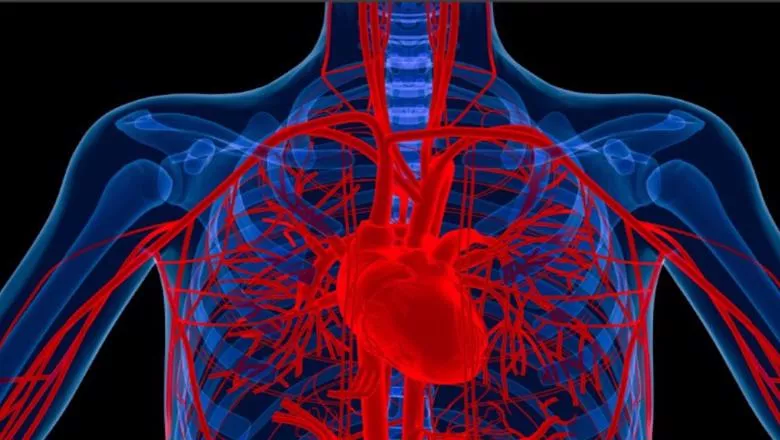Innovations in Stem Cell Research: Unveiling New Therapies for Diabetic (Cardio)vascular Complications

Speaker:
Andriana Margariti - Queen's University Belfast
Professor Andriana Margariti is an expert in Vascular and Regenerative Medicine at Queen's University Belfast. She completed her PhD in Cardiovascular Medicine from King's College London in 2008, followed by postdoctoral training at King's College London and further research at Harvard University and the University of California, San Francisco. In 2013, she joined Queen's University Belfast as a Lecturer, advancing to Senior Lecturer in 2017 and attaining a professorship in 2020. Professor Margariti's pioneering research focuses on stem cell biology, particularly in cell reprogramming and induced pluripotent stem (iPS) cell technologies. Her team was the first to identify the gene QKI-7 as a cause of cardiovascular disease in diabetics. They have also developed methods to generate patient-specific iPS cell lines and organoids from minimal blood samples, facilitating the study of disease mechanisms, generating robust human models, and the development of targeted therapies.
Title:
'Innovations in Stem Cell Research: Unveiling New Therapies for Diabetic (Cardio)vascular Complications'
Abstract
Diabetes and cardiovascular diseases are major global health challenges, with vascular complications playing a crucial role in disease progression. Innovations in stem cell research have provided new opportunities for understanding these conditions and developing targeted therapies. Prof. A. Margariti has led pioneering work in stem cells technology, gene editing, and the development of vascularized organoids, enabling patient-specific models for studying diabetic and cardiovascular complications. Her recent breakthrough, published in Stem Cells (2024), demonstrated the generation of human blood vessel organoids from donors with diabetes, revealing key pathological features and cellular heterogeneity through advanced single-cell analysis. These models provide critical insights into vascular dysfunction and open new avenues for precision medicine. Alongside her contributions to endothelial cell reprogramming, cardiac organoid development, and regenerative therapies, her research is transforming the landscape of cardiovascular medicine, offering novel strategies for disease modelling, biomarker discovery, and personalized treatment approaches.
Host:
Our series is open to the public and King’s staff and students are encouraged to attend.
Search for another event

